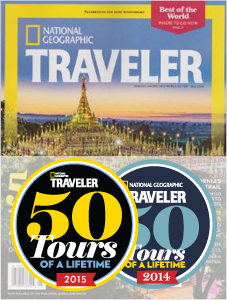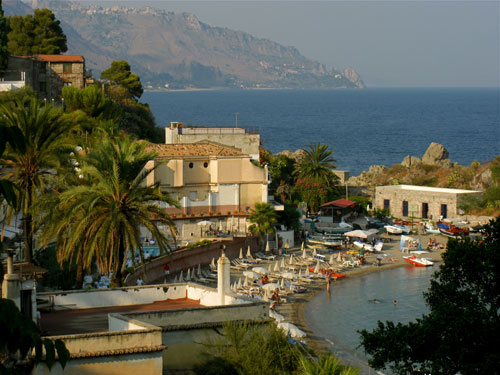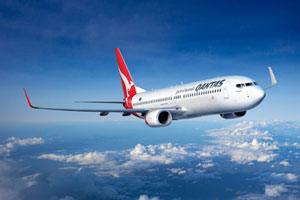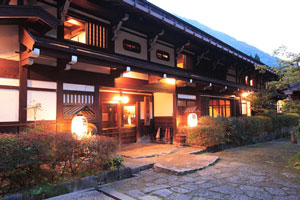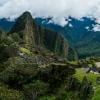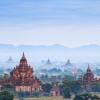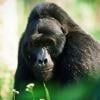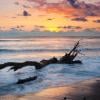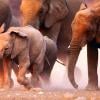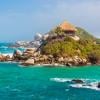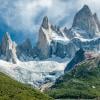If you’re unsure of what to buy your loved ones this holiday season Global Basecamps has the perfect solution. Give the gift of travel and memories that will last a lifetime! Global Basecamps will match the amount of all gift certificates up to $250! The offer expires December 31, 2011.
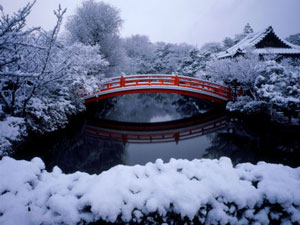
Give your family a gift they will never forget by contributing to their travel fund. Whether they are hoping to spend a week on a Tanzania safari or are planning a Round-the-world (RTW) trip you can help them reach their travel dreams. When contemplating if you should buy your brother another video game for Christmas or your father another jacket, consider the environmental cost of everything produced. As the earth’s resources are being depleted, beautiful destinations around the world are being destroyed. Instead of buying things you don’t need this year, give the gift of travel.
All of Global Basecamps’ itineraries integrate environmental and socially responsible practices and our lodges share our commitment to preserving the environment and supporting the local communities we visit.

